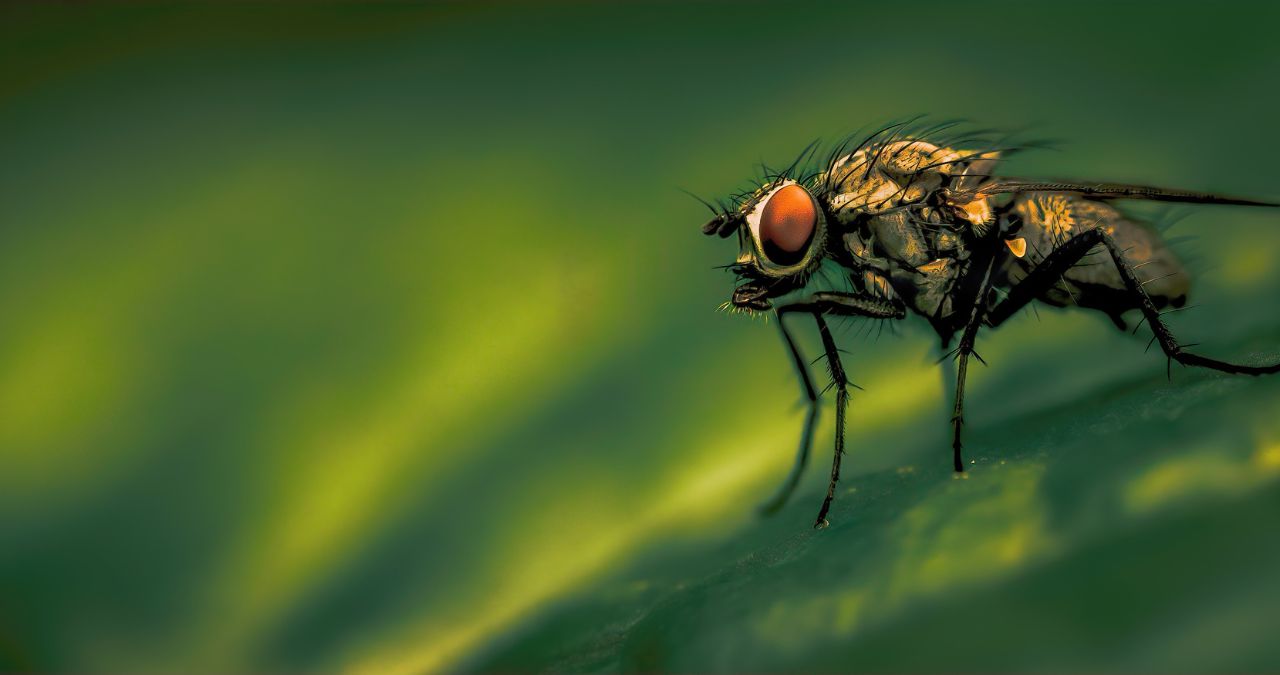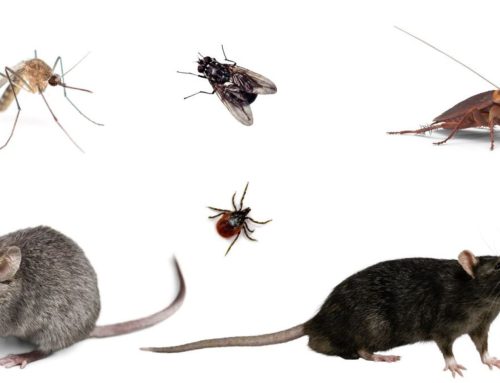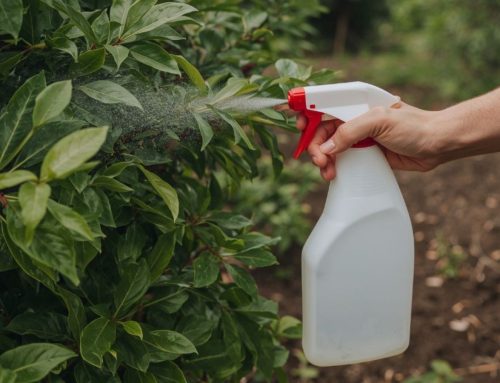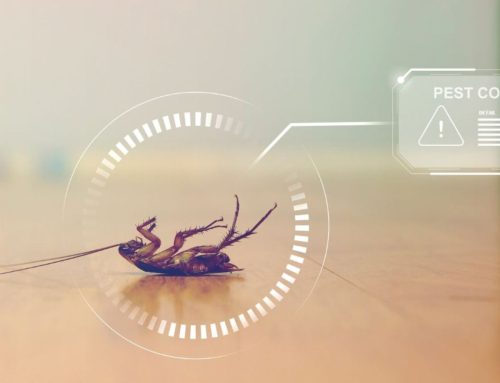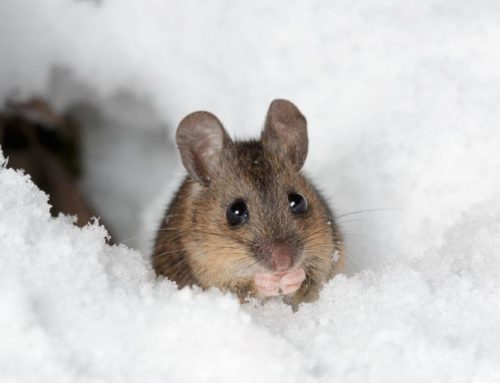Large flies appearing indoors can be a troubling issue, often signaling an infestation that needs immediate attention. House flies are a vital part of our ecosystem, as they are scavengers that consume dead and decaying matter.
These pests are not just a nuisance; they can pose health risks and indicate underlying sanitation or structural concerns in your home. Addressing the problem promptly is essential to prevent it from escalating. Typically, flies live outdoors. However, flies can certainly make their way into your house through windows and doors.
Though it isn’t unusual to see flies zooming or crawling around your house every once in a while, if you’re suddenly bombarded with flies, it can be a cause for concern. A fly infestation can be seriously problematic. These pests can carry disease, which can then spread throughout your home and potentially infect you and your loved ones.
Why Do I Suddenly Have So Many Flies in My House?
Understanding Fly Behavior
Flies are a diverse group of insects belonging to the order Diptera, characterized by having a single pair of wings. Understanding their behavior is crucial in addressing infestations. Flies are attracted to environments with ample food sources and suitable breeding grounds. Common indoor fly species include house flies (Musca domestica), fruit flies (Drosophila spp.), and drain flies (Psychodidae spp.).
House flies are attracted to decaying organic matter and can lay hundreds of eggs in moist areas like garbage, pet waste, or compost. Fruit flies are drawn to ripe or fermenting fruits and vegetables, as well as sugary substances like spilled juice or soda. Drain flies thrive in moist environments such as clogged drains, sewage systems, or standing water.
What Is Causing a Fly Infestation in My House?
If there are an overwhelming number of flies in your home, you’re probably wondering why. What attracts the flies or where do flies come from? There can be several reasons why you have many small flies in your home.
Below, we’ll cover some of the most common reasons why flies enter your home. And, provide solutions that you can use to get rid of flies in your home.
Decaying Matter
Decomposing organic matter serves as the primary attraction for house flies. These insects actively seek out rotting food, overripe fruits, and other decaying materials where they can feed and reproduce. Adult flies not only consume these materials but also use them as nurseries for their eggs.
Common sources of organic matter include:
- Dead animals in walls, attics, or crawl spaces
- Rotting meat or spoiled leftovers
- Overripe fruits left on counters
- Open compost bins
- Food waste in garbage cans
- Pet waste in yards
Flies enter homes through structural gaps like cracks in walls or poorly sealed windows. Areas with standing water, clogged drains, or damp conditions create perfect breeding sites. Once flies locate decaying matter, they establish colonies and begin rapid reproduction cycles.
The key to prevention involves eliminating these food sources through proper food storage and regular cleaning. Homeowners should dispose of garbage frequently and clean trash receptacles regularly. Sealing entry points prevents flies from accessing indoor breeding sites.
Warm Weather
Flies need specific conditions to lay eggs that will survive. If those conditions are met, the eggs will grow into larvae. The larvae will grow into adult flies, and the life cycle continues. As mentioned earlier, flies lay their eggs in dead and decaying organic material.
However, to survive, they also need warmth. Typically, temperatures of 75 degrees and higher are ideal for most fly species. If your home has been overrun with flies, look in your home for places that are favorable for fly eggs.
A few examples of some of the spots that can offer ideal temperatures for fly growth are:
- Bathrooms
- Laundry rooms
- Around appliances
- Hot water heaters
- Dishwashers
- Fridges
Long Lifespan and Fast Breeding
Believe it or not, the lifespan of a fly is a lot longer than you probably realize. The average fly lives between 15 to 30 days. They also breed very quickly. A single fly left unchecked can lay hundreds of eggs, creating a severe fly infestation within weeks.
If you see a few or even just one fly buzzing around your house and you don’t swat it, it could lay eggs. Then, those eggs will hatch, and become adult houseflies. Those adults will lay more eggs, and before you know it, the situation will worsen, and a cluster of flies will appear. Effective pest control measures should be taken at the first sign of a fly problem to prevent their numbers from escalating.
Helpful Tips to Combat Flies in Your House
Preventing and controlling fly infestations requires a combination of proactive measures, thorough cleaning, and targeted pest management solutions. Here are some practical measures to combat the fly problem around your home:
- Sanitation and Waste Management: Keep things clean! Not only should the trash be taken out frequently, but the trash cans should be cleaned out as well. Trash is one of the main food sources for flies.
- Temperature Control: Reduce the temperature in areas where the flies seem to be originating. Use dehumidifiers and fans to create an inhospitable environment for fly larvae.
- Sealing Entry Points: Inspect and seal cracks, gaps, and holes in walls, windows, and doors. Install screens to block flies from entering your home.
- Proper Food Storage and Cleanup: Store food in sealed containers to prevent access to flies. Clean spills and crumbs promptly, especially in kitchen and dining areas.
- Fly Traps and UV Light Devices: Use fly traps to catch them. Set up UV fly traps, which are particularly effective for capturing large fly species like blowflies and cluster flies.
- Drain Maintenance: Repair leaking pipes, faucets, and other sources of standing water. Ensure proper drainage around the home to eliminate breeding sites for flies. Clear clogged drains and eliminate standing water to disrupt breeding grounds.
- Immediate Action: Act fast! If you see even just one fly, be sure to take care of it immediately.
Additional Reading: How to Deal with a Housefly Infestation
When to Seek Professional Help
While many fly infestations can be effectively managed through proactive measures, there are instances where professional intervention may be necessary. Consider contacting pest control professionals if:
- The problem persists despite fly control efforts.
- The source is difficult to locate or inaccessible.
- There are health or safety concerns associated.
- The infestation involves potentially harmful or nuisance species of flies.
Professional pest control services can assess the severity of the fly infestation, identify contributing factors, and implement effective fly removal strategies to eradicate flies safely and effectively. They may also provide guidance on long-term pest prevention to keep your home fly-free.
Hire a Professional Pest Control Services in Omaha & Lincoln, NE – ABC Termite & Pest Control
Find a reputable pest control requires careful consideration of trust and expertise. Homeowners should seek pest control professionals who offer comprehensive termite inspection and pest management services. You may think you are saving money however, a single misapplication could have significant and adverse or deadly consequences for you or your loved ones.
ABC Termite & Pest Control serves both Omaha, Lincoln, and nearby areas with experienced pest control services. Their technicians provide thorough property assessments and customized treatment plans for various pest problems. Contact ABC Termite & Pest Control to talk with an exterminator today!

